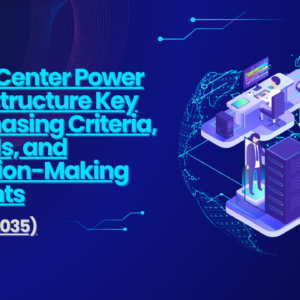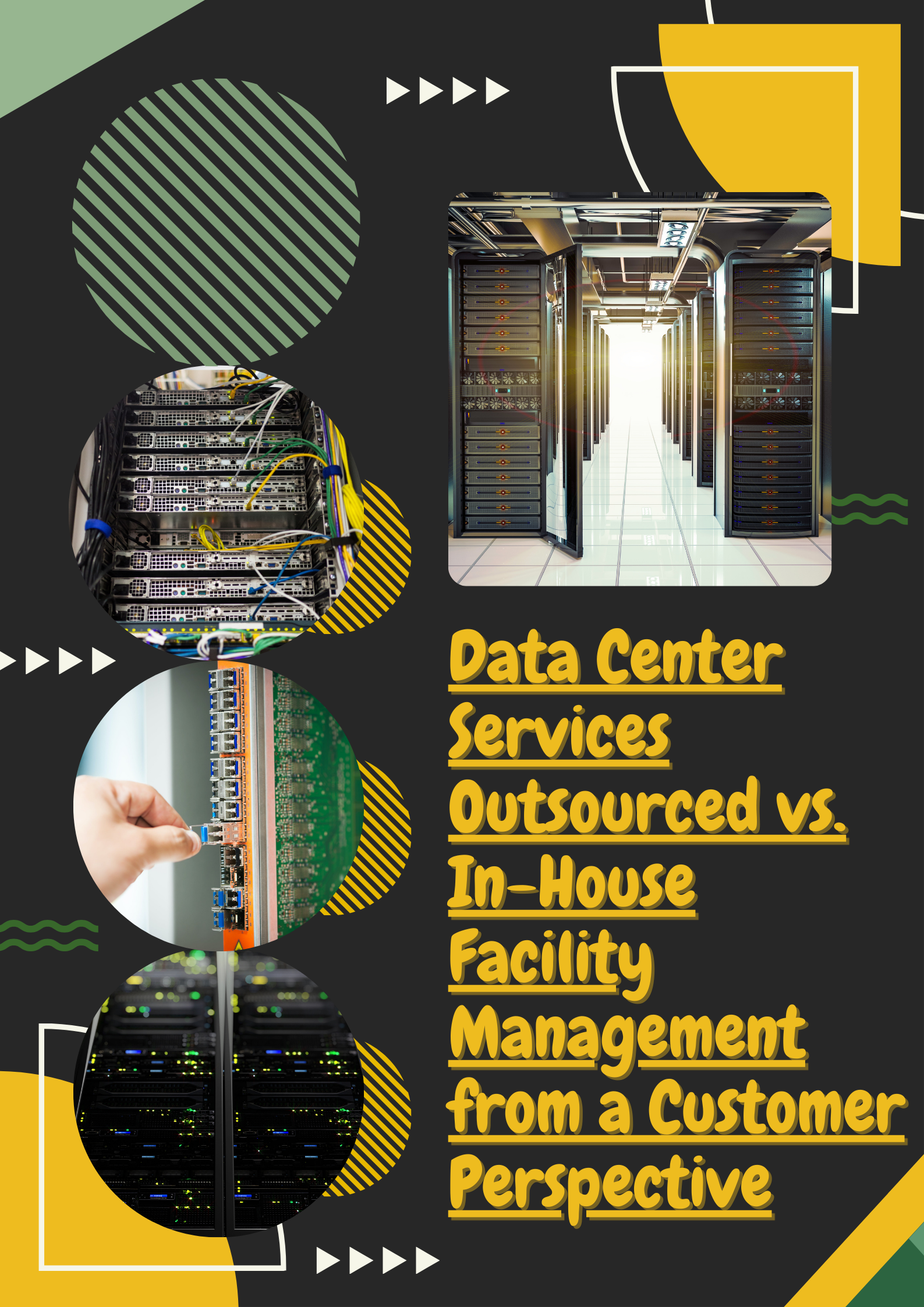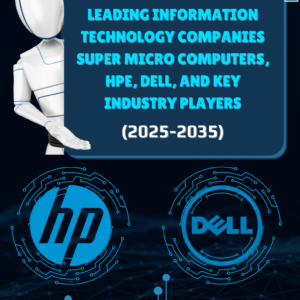1. Executive Summary:
-
- Overview of data center facility management market
- Key considerations in choosing between in-house vs. outsourced services
- Trends in vendor consolidation for multiple services (FM, commissioning, QA/QC)
2. Data Center Facility Management: In-House vs. Outsourced Models:
-
- In-House Facility Management:
- Pros and cons of in-house operations
- Resource requirements and cost considerations
- Control over operations, customization, and internal talent development
- Outsourced Facility Management:
- Advantages of outsourcing (expertise, cost-effectiveness, access to resources)
- Common challenges in vendor management and SLA enforcement
- Flexibility and scalability in data center operations
- In-House Facility Management:
3. Selection Criteria for Data Center Services Vendors:
-
- Key Factors in Vendor Selection:
- Technical expertise and specialization
- Reputation and past performance in the data center industry
- Cost, contract flexibility, and scope of services offered
- Criteria for Facility Operations and Maintenance Service Providers:
- Reliability and uptime track record
- Safety protocols and sustainability initiatives
- Proactive maintenance and predictive analytics capabilities
- Criteria for Commissioning and QA/QC Vendors:
- Certification and experience in data center commissioning
- Ability to handle complex data center infrastructure
- QA/QC methodologies and real-time monitoring
- Key Factors in Vendor Selection:
4. Vendor Partnerships: From Single-Service to Multi-Service Engagements:
-
- Case Study: Vendor Evolution from FM to Commissioning:
- Initial engagement for facilities management (e.g., HVAC, electrical systems)
- Expansion of services to commissioning and QA/QC for new buildings
- Benefits of consolidating services with a single vendor
- Vendor Partnership Management:
- Ensuring service quality across multiple services
- Balancing vendor relationships with in-house capabilities
- Building long-term trust and collaboration with service providers
- Case Study: Vendor Evolution from FM to Commissioning:
5. Challenges and Best Practices in Vendor Selection and Expansion:
-
- Challenges in Vendor Selection:
- Managing multiple vendors vs. single vendor solutions
- Ensuring alignment with business objectives and SLAs
- Dealing with service disruptions and compliance challenges
- Best Practices in Vendor Management:
- Performance metrics and regular reviews
- Contract flexibility and scalability to handle growing data center needs
- Continuous assessment of vendor capabilities for additional services
- Challenges in Vendor Selection:
6. Benefits of Expanding Vendor Partnerships:
-
- Operational Efficiency Gains:
- Streamlined communication and coordination across service lines
- Reduced vendor management overhead
- Cost Savings:
- Economies of scale and bundled services
- Simplified billing and administrative processes
- Increased Flexibility and Innovation:
- Ability to adapt to changing data center requirements
- Leveraging the latest technology from integrated vendors
- Operational Efficiency Gains:
7. Case Studies: Vendor Consolidation Success Stories:
-
- Example 1: Outsourced FM Expanded to Commissioning Services:
- Vendor’s performance in facility maintenance led to commissioning involvement
- Outcome: Improved building handover timelines and operational readiness
- Example 2: In-House Operations Enhanced with Outsourced QA/QC:
- In-house team supplemented with external expertise for new site validation
- Outcome: Enhanced accuracy in QA/QC with reduced in-house workload
- Example 1: Outsourced FM Expanded to Commissioning Services:
8. Cost Considerations:
-
- In-House vs. Outsourced Cost Structures:
- Capital expenditure vs. operational expenditure trade-offs
- Long-term cost savings with multi-service vendor partnerships
- Vendor Pricing Models:
- Fee-for-service, subscription, and bundled services models
- Negotiating favorable terms for multi-service engagements
- In-House vs. Outsourced Cost Structures:
9. Strategic Recommendations for Data Center Operators:
-
- When to Outsource vs. Keep In-House:
- Key triggers for outsourcing facility management and operations
- Balancing in-house control with outsourced expertise for critical tasks
- Developing Strong Vendor Relationships:
- Criteria for long-term partnerships
- Building collaborative relationships for continuous service improvement
- Expanding Vendor Partnerships:
- Identifying opportunities to expand the scope of existing vendors
- Assessing vendor readiness for additional responsibilities
- When to Outsource vs. Keep In-House:
10. Future Trends in Data Center Facility Management:
-
- Growth in Data Center Outsourcing:
- Rising demand for specialized vendors with end-to-end capabilities
- Impact of AI and Automation in Facility Operations:
- Predictive maintenance and AI-driven commissioning services
- Sustainability Initiatives and Regulatory Compliance:
- Focus on green data centers and energy efficiency
- Growth in Data Center Outsourcing:
11. Appendices:
-
- Glossary of key terms (e.g., commissioning, QA/QC, facility management)
- Vendor landscape overview: Profiles of top data center services vendors
- Pricing benchmarks and service level agreement (SLA) templates






